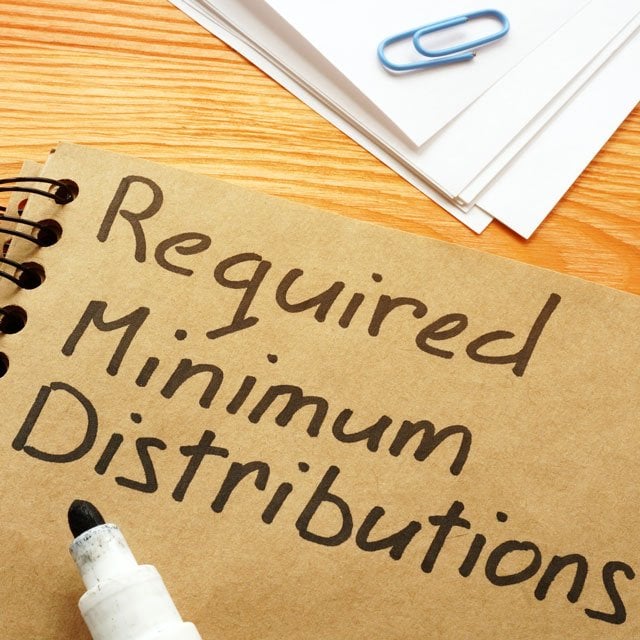IRS Releases Final RMD Regs on 10-Year Rule

For example, “spousal beneficiaries now have 3 different options of how to treat their deceased spouse’s retirement account, each with its own RMD calculation (and associated pitfalls),” Henry-Moreland wrote. “It’s a choose your own adventure of tax planning, just what everyone wanted!”
Added Henry-Moreland: “They say being an advisor is more about being a thinking partner and life coach than living in the numbers, but there’s going to be real value going forward in internalizing, say, what the tax treatment for a trust as beneficiary of an IRA will be depending on how it provides for income to be distributed to its beneficiaries. Score one for the nerds here.”
More to Come
Jeff Levine, lead financial planning nerd at Kitces.com, said in a lengthy thread on X that “at only 260 pages, there are almost certainly going to be a lot of things NOT covered by the Regs that IRS will need to address in the future.”
As to No. 1 question advisors have asked for two-plus years now: “Are ANNUAL distributions required DURING the 10-Year Rule?” Yes, Levine said, “IF death occurred on or after the RBD.” Also, as a “Reminder: Thanks to Notices 2022-53, 2023-54, and 2024-35, this rule won’t actually begin to apply until next year (2025).”
Levine added: “So, to be clear, no RMDs during the 10-Year Rule from 2021 – 2024.”
New Secure 2.0 RMD Proposal
Treasury and IRS also issued proposed regulations Thursday addressing additional RMD issues under the Secure 2.0 Act.
Treasury and IRS are soliciting public comments, including provisions addressing other changes relating to RMDs made by the Secure 2.0 Act. For details on how to submit comments, see the proposed regulations.
Next Up: 529-to-Roth Rollovers
As to new regulations on rollovers of unused 529 plan funds to Roth IRAs, ”Sorry,” Henry-Moreland said. “We’ll be waiting with bated breath for the next IRS rule drop!”


